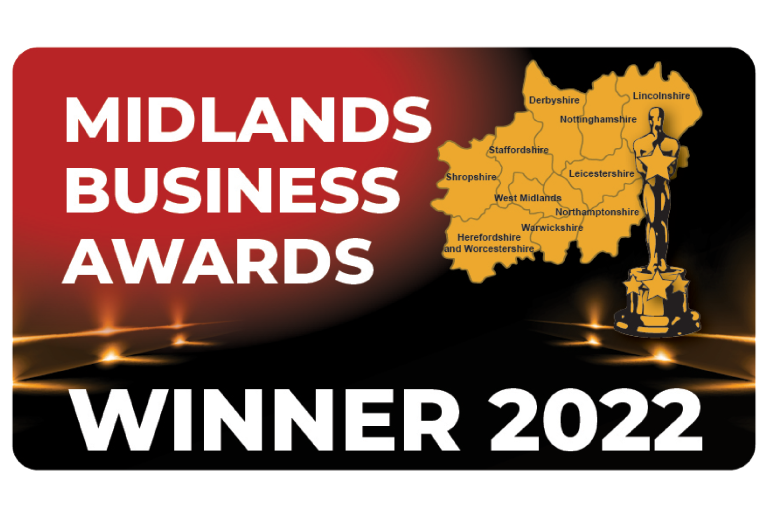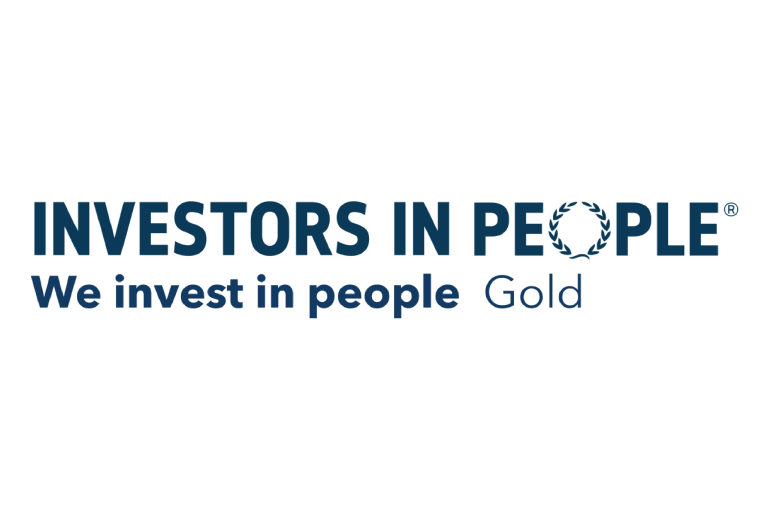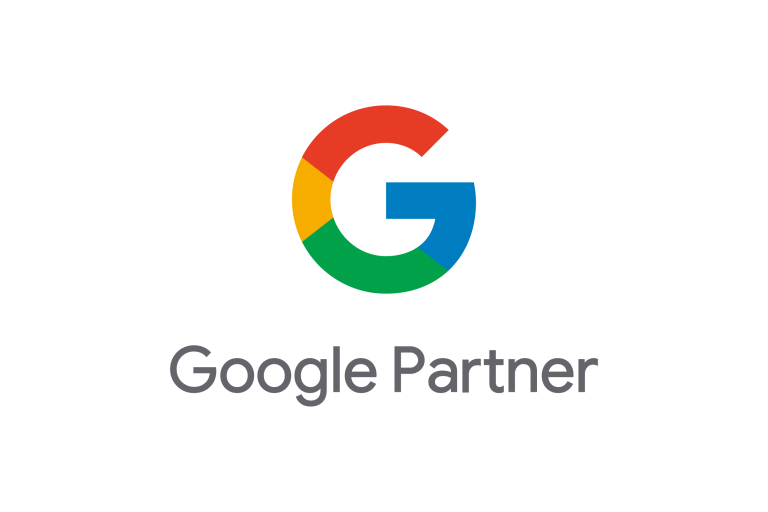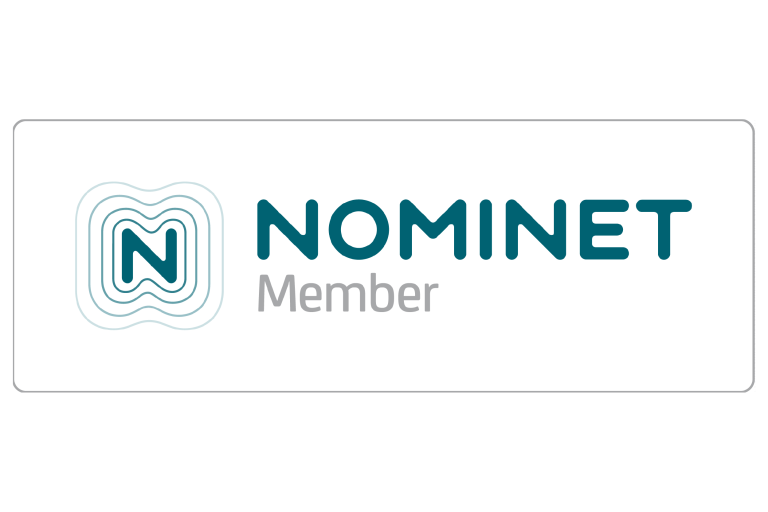Firstly, what are “natural” listings? Generally, a page of search engine results will have some sponsored ads at the top and also at the side of the page. These are pay per click adverts which companies and businesses pay to have there. The rest of the page is made up of what we call natural listings, although you may also have heard them referred to as organic listings. Ranking highly in natural results in search engines such as Google boils down to two key things: optimisation and link building.
Optimisation
If a potential customer is searching for a product or service that you provide through internet search engines, then you want that search engine to include your business as high as possible in the results it produces. However, Google doesn’t just magically know what you sell or provide. Therefore, it is imperative that site owners make it perfectly obvious to Google what their site is about. This can be as simple and obvious as making sure you actually mention the products and services that you want to promote on your web pages, but it also can involve making tweaks to the code that sits behind the pages of your website. This process is called optimisation. When we optimise a website for a client we aren’t out to trick Google or the other search engines – just to make it abundantly clear to search engines what each of the key pages of a site are all about so that they know so that they can direct searchers to the right place. Click here to read more about search engine optimisation.
Link building
To a very large degree your success in search engine results after optimisation will depend on your inbound linking strategy. This might sound complicated and scary, but it is actually quite simple.
You have probably seen links in the pages of a web site. Links can take you to another page in the same web site or to a totally different website when you click on them. For example, if you click here then it will take you to the DBS Internet Marketing home page.
Search engines know that it takes human effort to place a link on a website and so they see links as a vote of popularity. Someone actually has to take the time to put a special piece of code on a site so that when you click a link you are whooshed to another site. In very broad terms the more links from external websites into yours then the more popular you are perceived to be by search engines.
However, that is just the basic principle behind link building. Unfortunately it isn’t as simple as that and there are many pitfalls in link building which could cause your site to perform poorly or not appear in any search engine results at all. Link building is therefore best left to professionals as the result could be disastrous if done incorrectly.
In general we look to add links quite gradually to trusted sites relevant to yours. A common mistake that is made by website owners is to create links that go away from the site to link to other suppliers and industry websites. Whilst this is a natural step to take in terms of internet marketing this is the exact opposite of what you are trying to achieve. Website owners need other sites to link in to theirs – not theirs to link out.
Another tactic is to build reciprocal links ie if you link to me I will link to you. This is an easy sell and an easy way to build links. However, in Google’s eyes reciprocal links are virtually worthless as the arrangement is so transparent and artificially contrived. They therefore see that you are just exchanging links, know it is not actually a vote of confidence, and may count it against you in the natural listings.
To learn more about link building, please click on this link that says link building!








